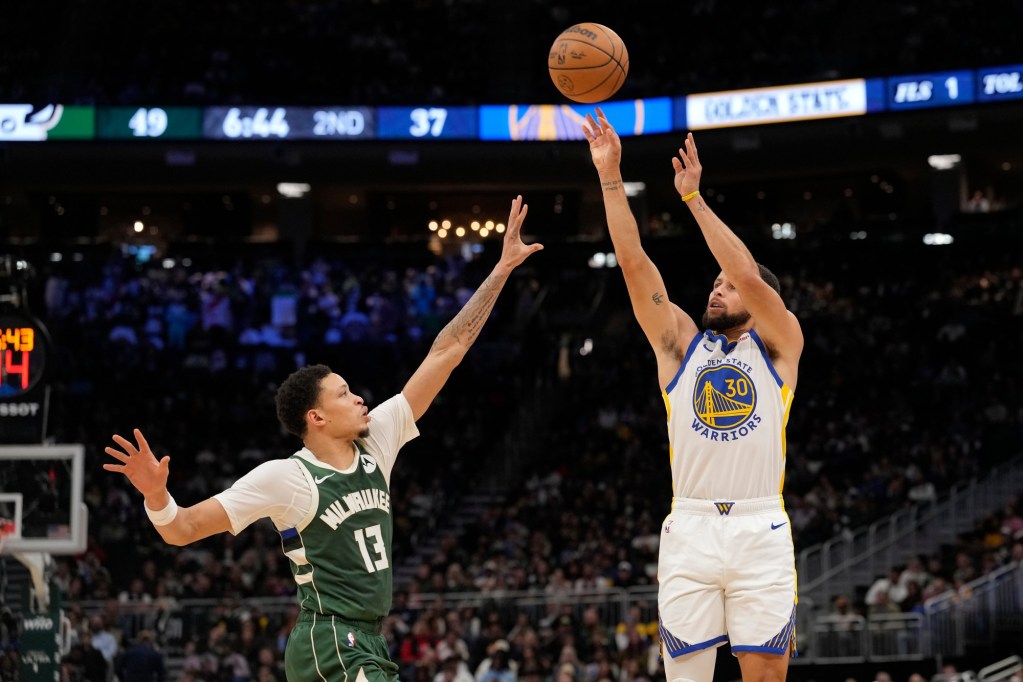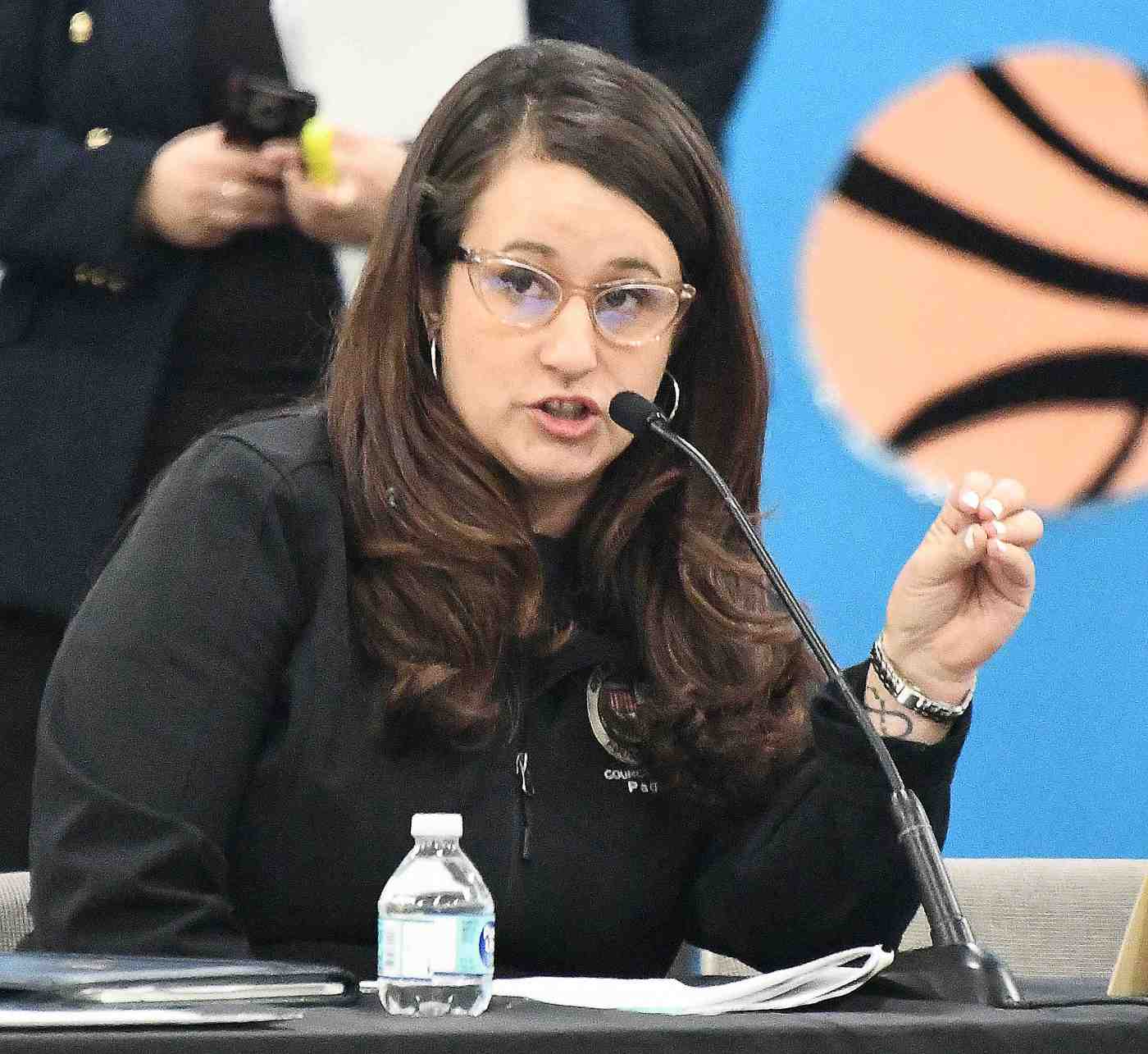URGENT UPDATE: New research from Binghamton University reveals that transformational leadership techniques can significantly enhance athletes’ mental toughness. This study highlights the importance of coach-athlete relationships, especially in high-stakes sports environments.
As the world watches elite athletes like Simone Biles strive for excellence, this groundbreaking study shines a light on effective coaching methods that resonate deeply with athletes. The findings, just published in the International Journal of Sports Science & Coaching, indicate that personalized coaching strategies focused on self-determination yield better results than traditional motivational tactics.
Researchers surveyed 301 athletes from Taiwan’s University Volleyball League, including 169 males and 132 females. They discovered that coaches who utilize transformational leadership create an empowering environment, inspiring players to push their limits and achieve higher levels of mental resilience.
Co-author Chou-Yu (Joey) Tsai, an associate professor at Binghamton, emphasizes the pivotal role coaches play in shaping athletes’ mindsets. “The most important psychological characteristics can be cultivated through coaching,” Tsai stated. “This study tells you how vital coaching is in generating resources that enhance athletes’ resilience and mental toughness.”
The study identified two key methods for enhancing mental toughness: fostering a collaborative team environment and recognizing that each athlete has unique personal challenges. Coaches are encouraged to prioritize individualized feedback and set personalized goals rather than comparing athletes to one another.
“Every sport or business has leaders, and disruptions to achieving goals are common,” Tsai explained. “Good leadership is crucial, and creating a relationship dynamic rooted in mutual respect is the most significant takeaway from this research.”
Transformational leadership techniques, typically associated with the corporate world, are now being recognized as highly effective in sports. Coaches are not just strategists; they are essential in deploying the right players and adapting strategies to optimize team performance.
This research comes at a critical time as athletes face unprecedented pressures, both physically and mentally. By implementing these leadership strategies, coaches can foster an environment that not only promotes athletic excellence but also prioritizes the well-being of each athlete.
As the sports community absorbs these findings, the implications are clear: better coaching can lead to a stronger, more resilient generation of athletes. With the next competitive season on the horizon, coaches are urged to adopt these insights quickly to maximize their team’s potential.
Stay tuned for further developments as this research continues to influence coaching practices across sports disciplines globally.







